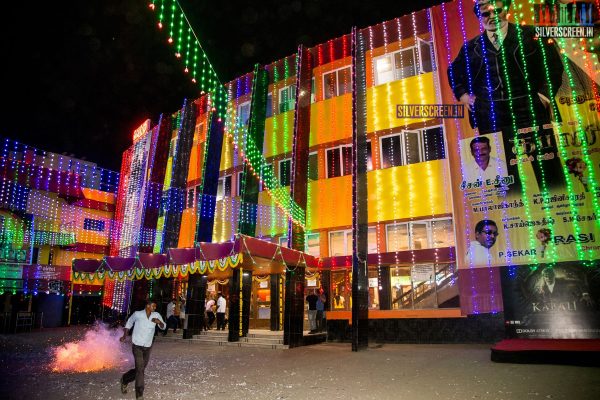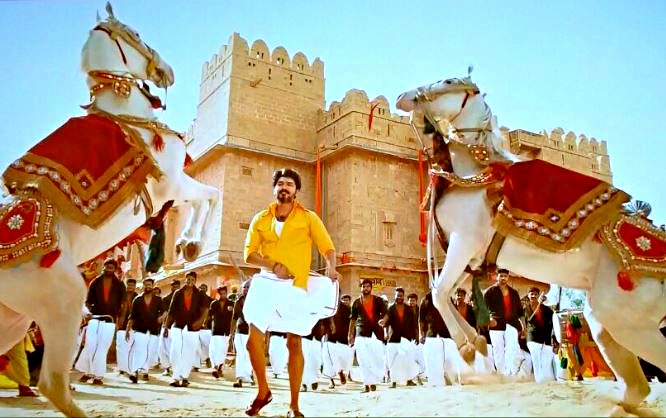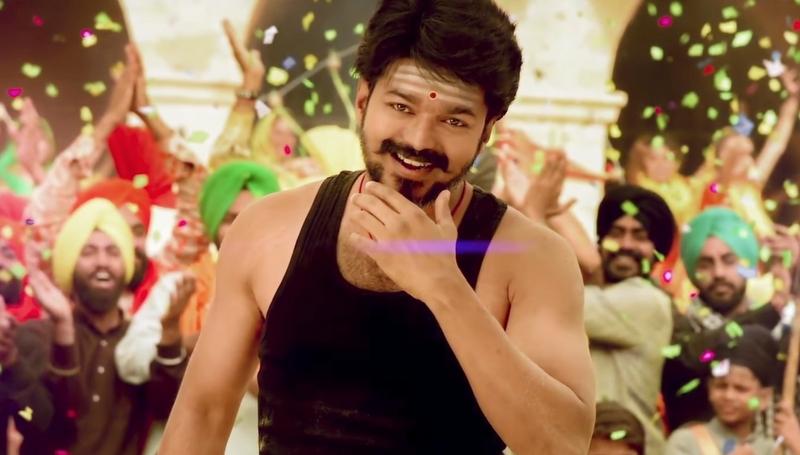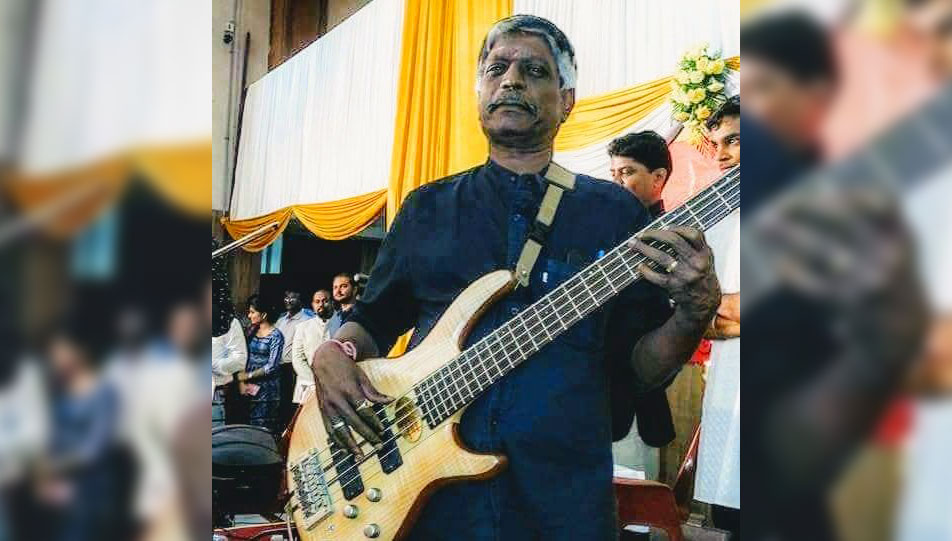Ever since I can remember, Deepavali has been about waking up before anyone else so that the cracker I light heralds the festival of lights in our neighbourhood. It’s a different matter that everyone woke up early to beat the others at their game. After the mandatory oil ritual and bath, one wore new clothes, burst crackers, and then some more. Once television entered our lives, friends and family sat together to watch Deepavali special programmes, first on black-and-white and, later, colour screens. Soon enough, films entered television too. On festival days, channels would play songs from the movies releasing that day — and, for the first time, we would know how a song we’d only heard on radio till then — had been picturised.
Though festival releases have been around since the time of MK Thyagaraja Bhagavathar (his Devdas was advertised as a film that had seen three Deepavalis; it had a long run in theatres, says film historian Mohan Raman), and later MGR, it is only of late that they’ve taken on gigantic proportions. And, instead of a couple of big-hero big-budget films releasing for a festival, this year’s Deepavali sees just one big player — Mersal. Six hundred screens in Tamil Nadu and more elsewhere means a near carpet-bombing, where the audience has little choice but to somehow watch it.
My first memory of a Deepavali clash at the box office was when Rajinikanth’s Thalapathy and Kamal Haasan’s Gunaa released on the same day. The very next year saw Rajini’s Pandian versus Kamal’s Thevar Magan and Prabhu’s Sentamizh Paatu. If the first clash saw Thalapathy win, the second saw Thevar Magam come on top. A group of us teenagers debated the merits of a Rakamma Kaiyaa Thattu versus the melancholic Paartha Vizhi or the sprightly Kanmani Anbodu, sitting at home. Watching the film on the day of release was a fond unspoken about hope, never a possibility. Unlike today, when everyone’s rushing to book tickets.
Mohan Raman agrees. “Though I come from a family that did not consider cinema a bad word, an anathema, a first day first show during a festival was a no-no. Those days, only a particular set of people would watch movies on Deepavali day. Later, fans took over that role. They would buy all tickets for all the opening weekend, and create a demand. A festival film became a celebration of sorts.”
It helped that people had more disposable cash around festivals; they would spend it on feel-good films that heroes specially chose to be a part of. Legend has it that MGR was paid a princely Rs 3,25,000 for Anbe Vaa, a super hit that released during Pongal in 1966.
Even until recently, in Tamil, we always had the privilege of choice when it came to festival releases. There was a nice mix between mass and avant garde films. This year has been different, but a few small films have also decided to swim along Mersal.
Recommended
Trade analyst Sreedhar Pillai feels small films must stay out of the festival race. “They should seek some other slot. However good the content, you really can’t compete with a big weekend film. Also, Mersal follows the path of a classic festival film: There’s sentiment, action and more. There are three heroines (Samantha Ruth Prabhu, Nithya Menen and Kajal Aggarwal) and that will draw in women,” he says.
But, has the idea of a Deepavali release gotten better with time? I’m not really sure. There’s little of the excitement we had as children. Increased publicity budgets have ensured news about the film being released is all over the place, and there’s little sense of newness. That said, like everyone else, I’ve also tried, and finally managed to book our family’s three-hour slot to partake of a festive filmi buffet.



